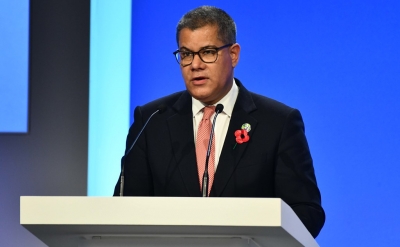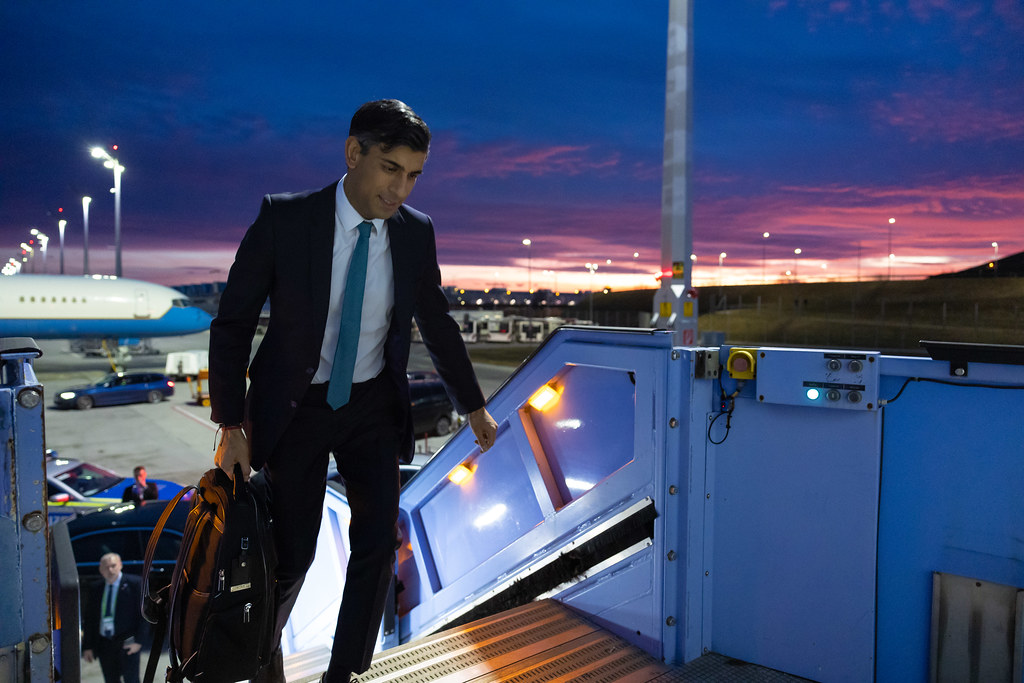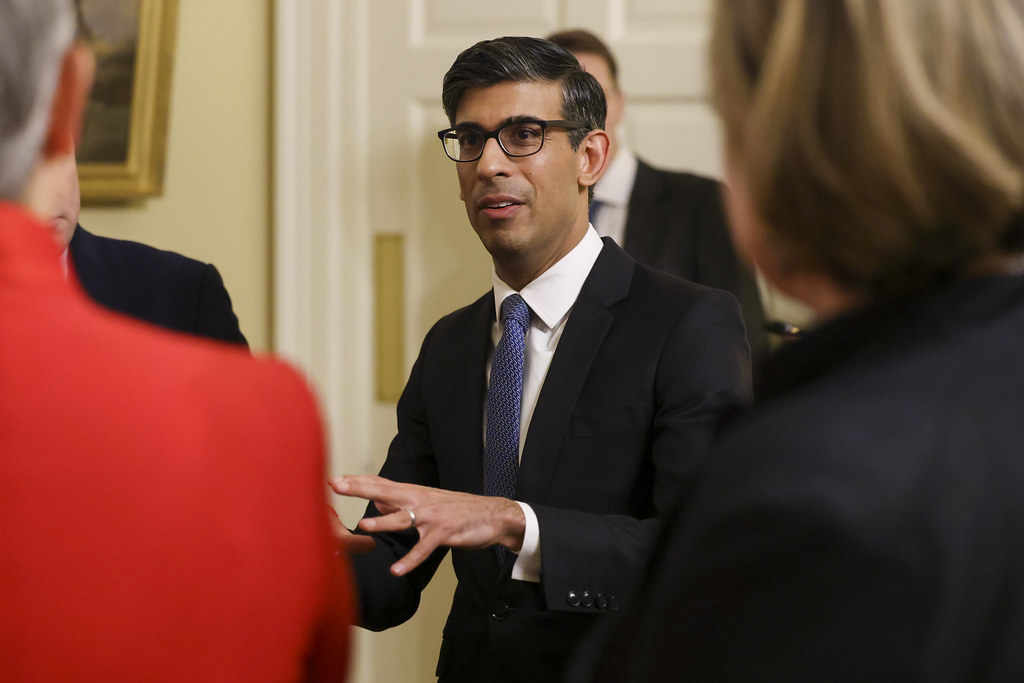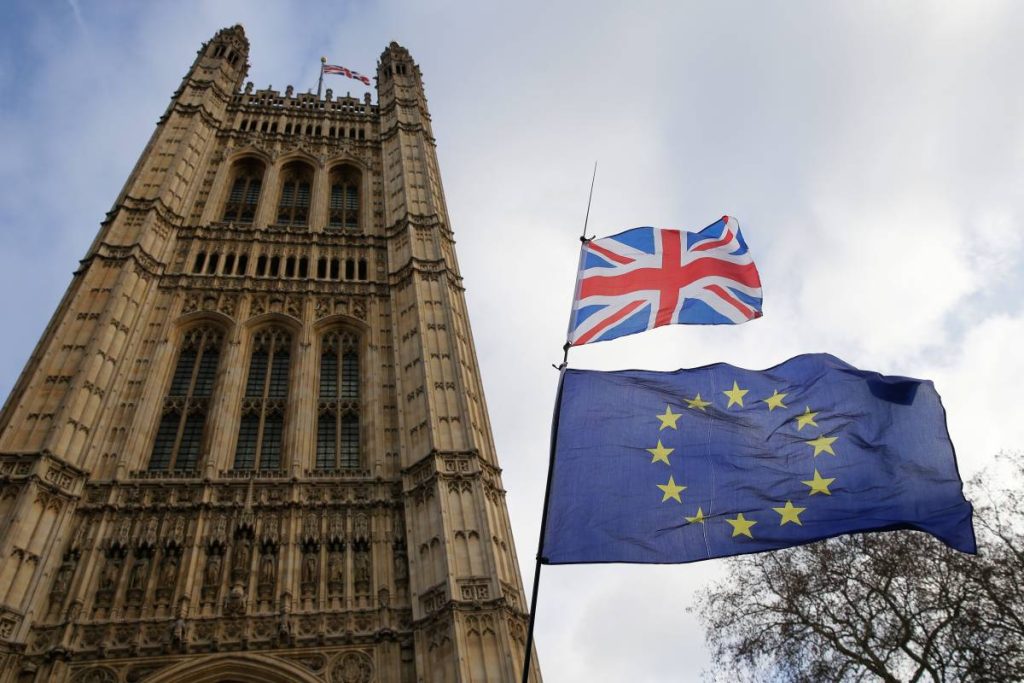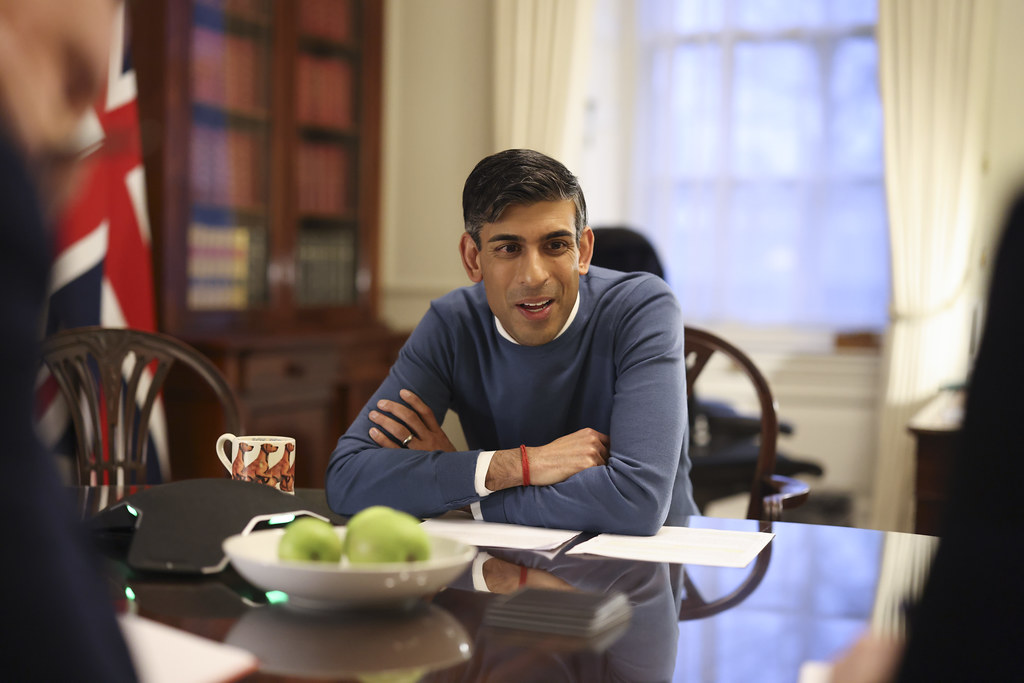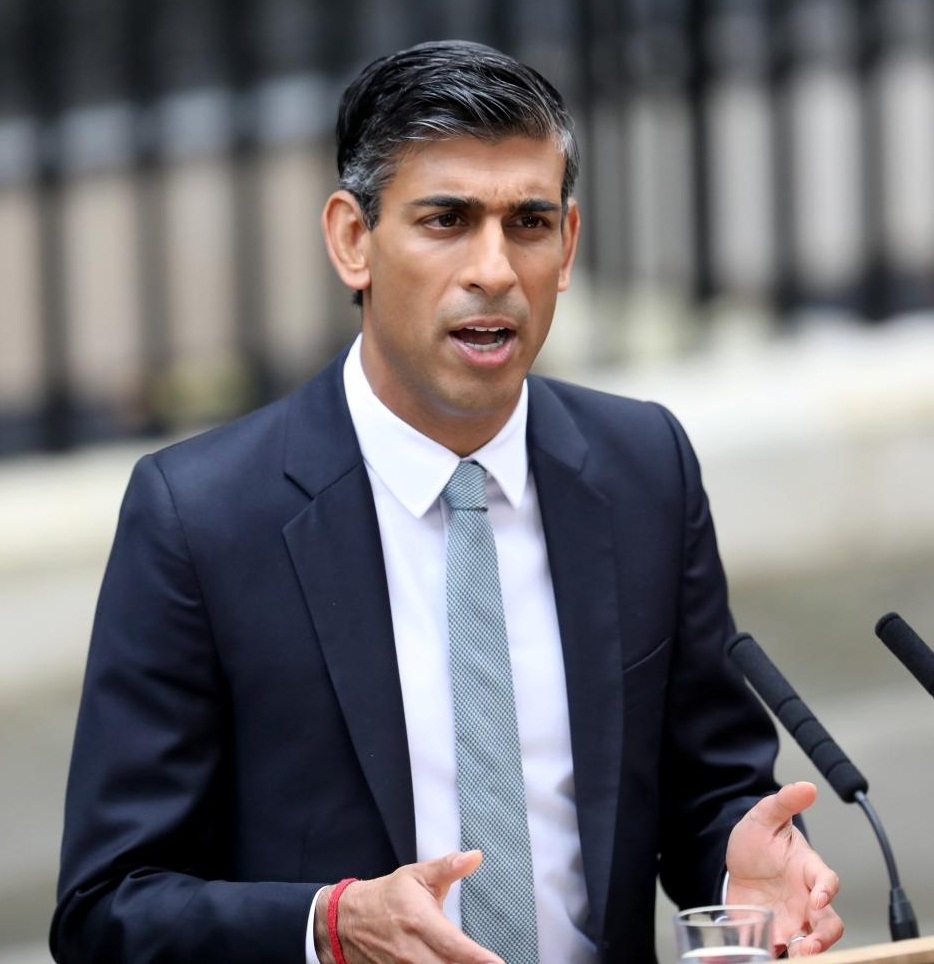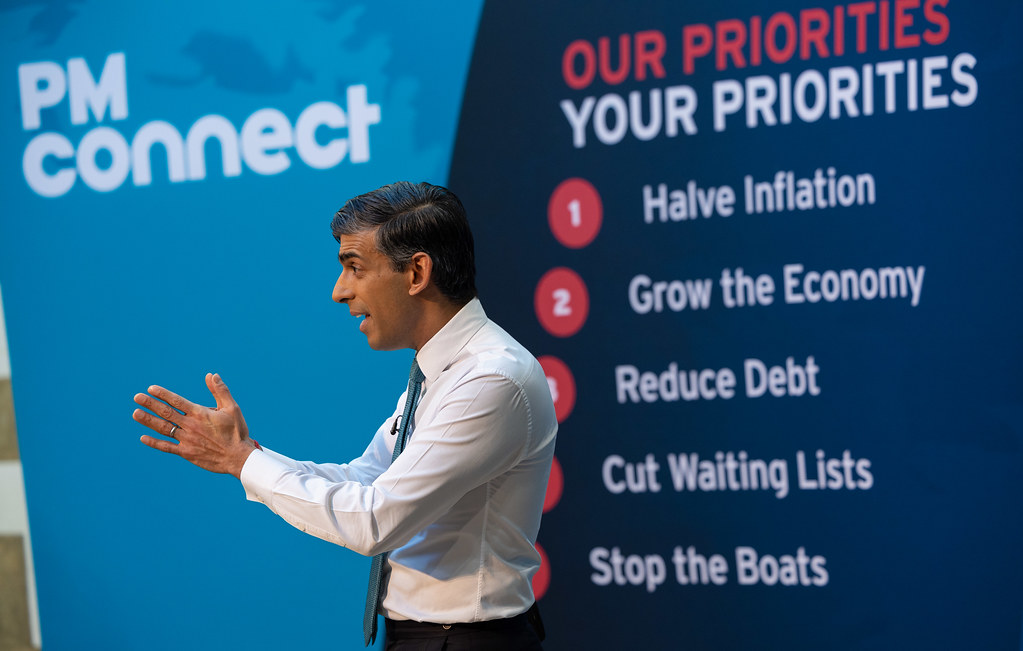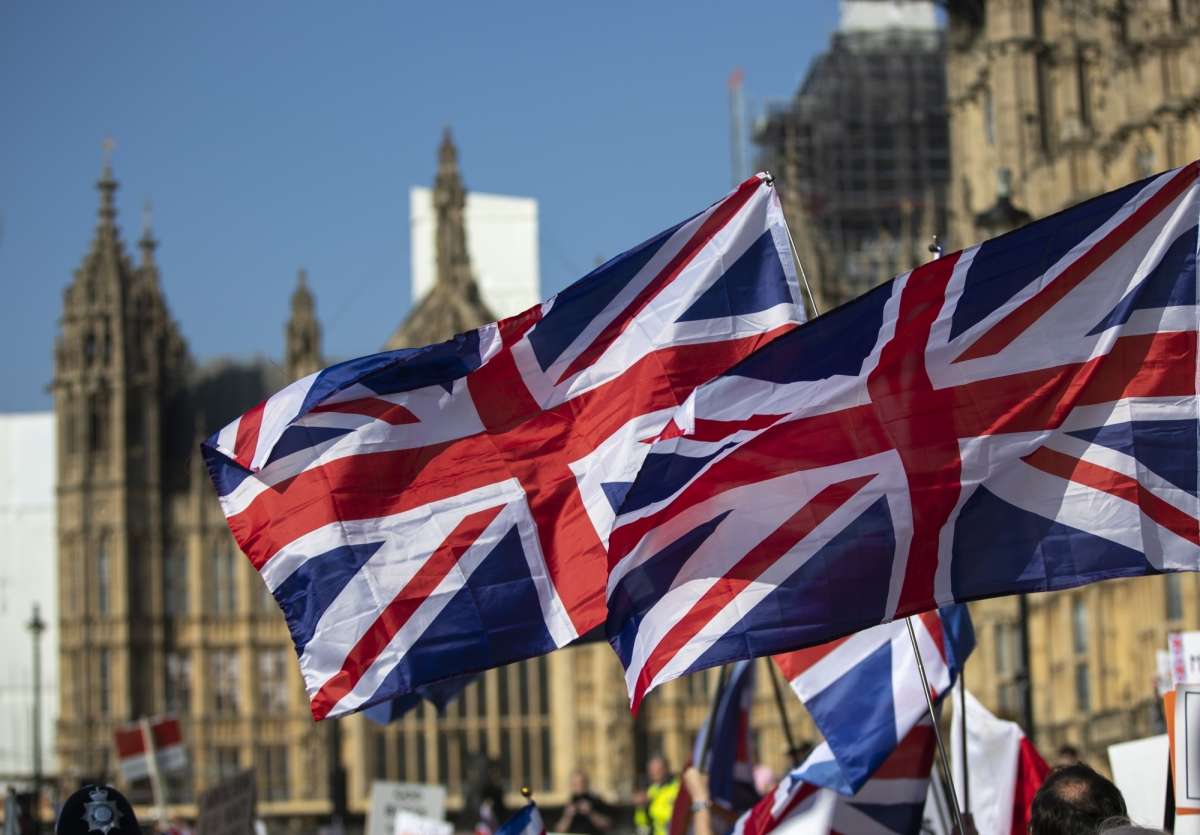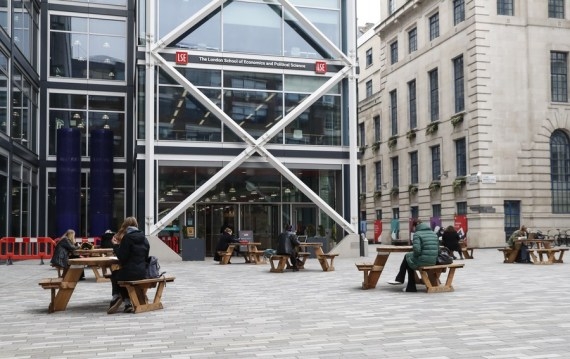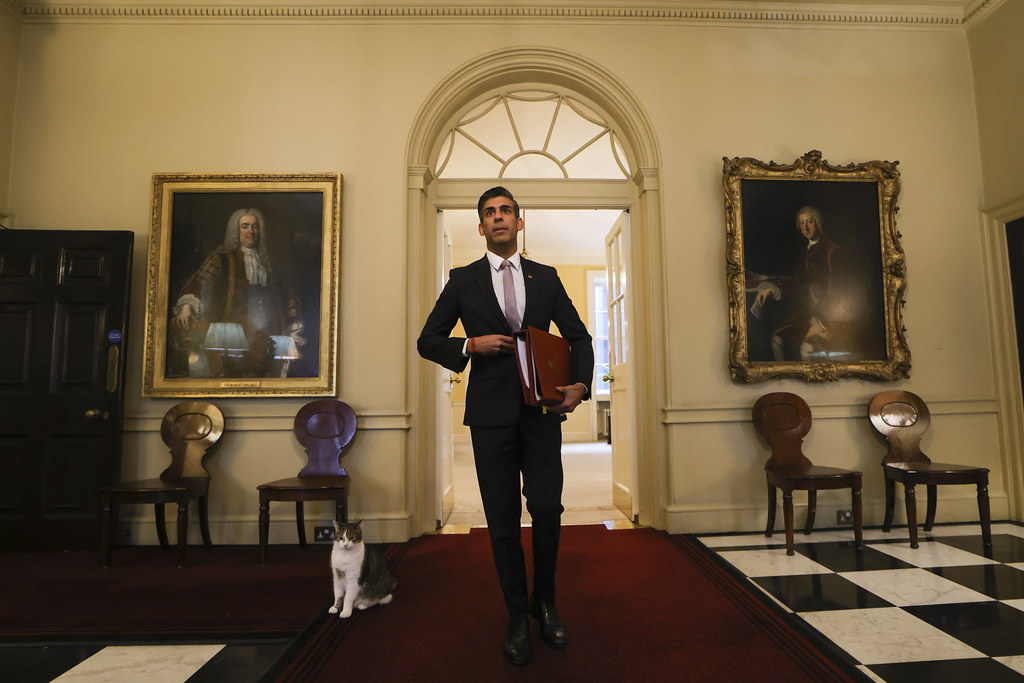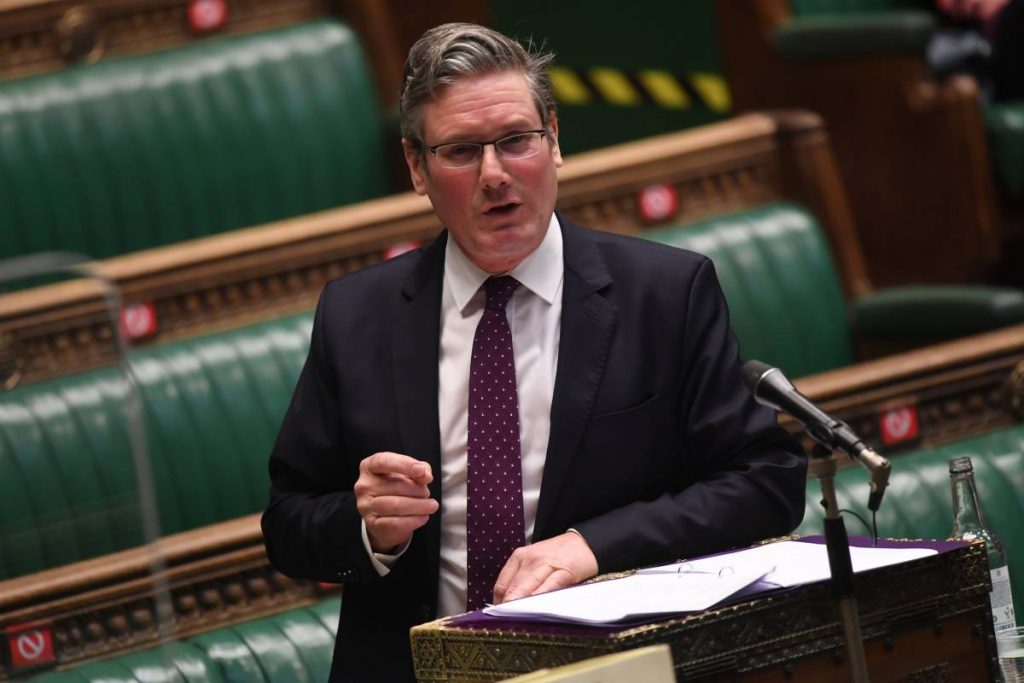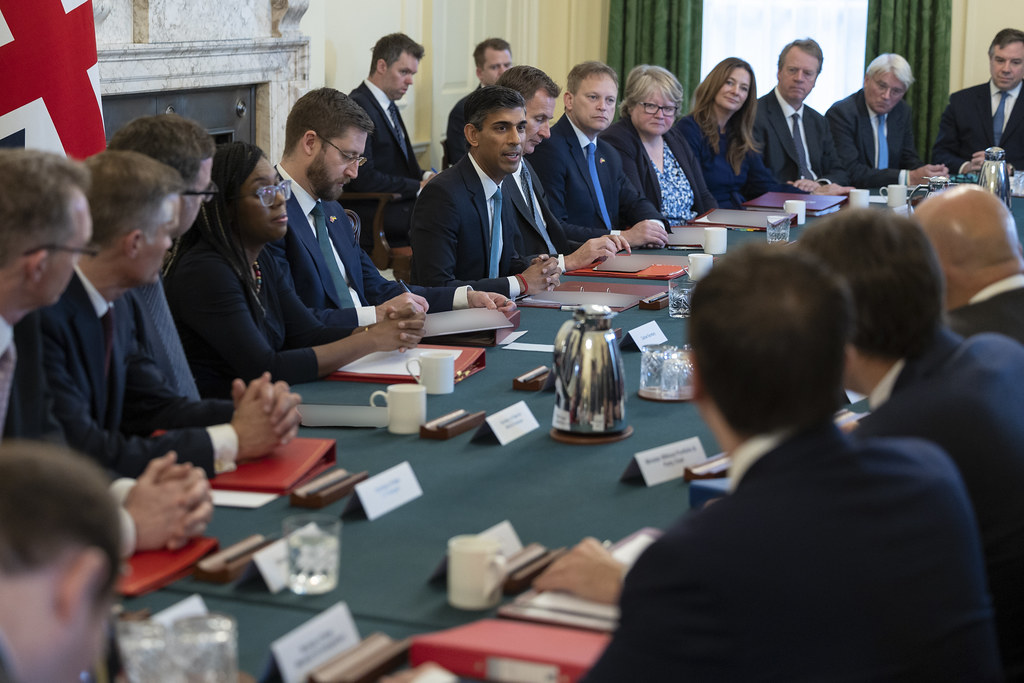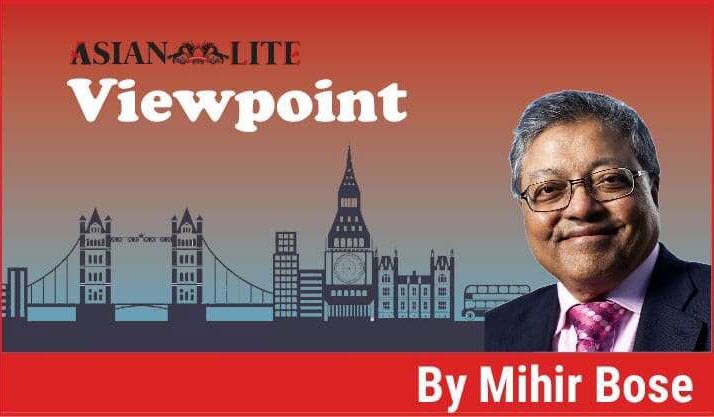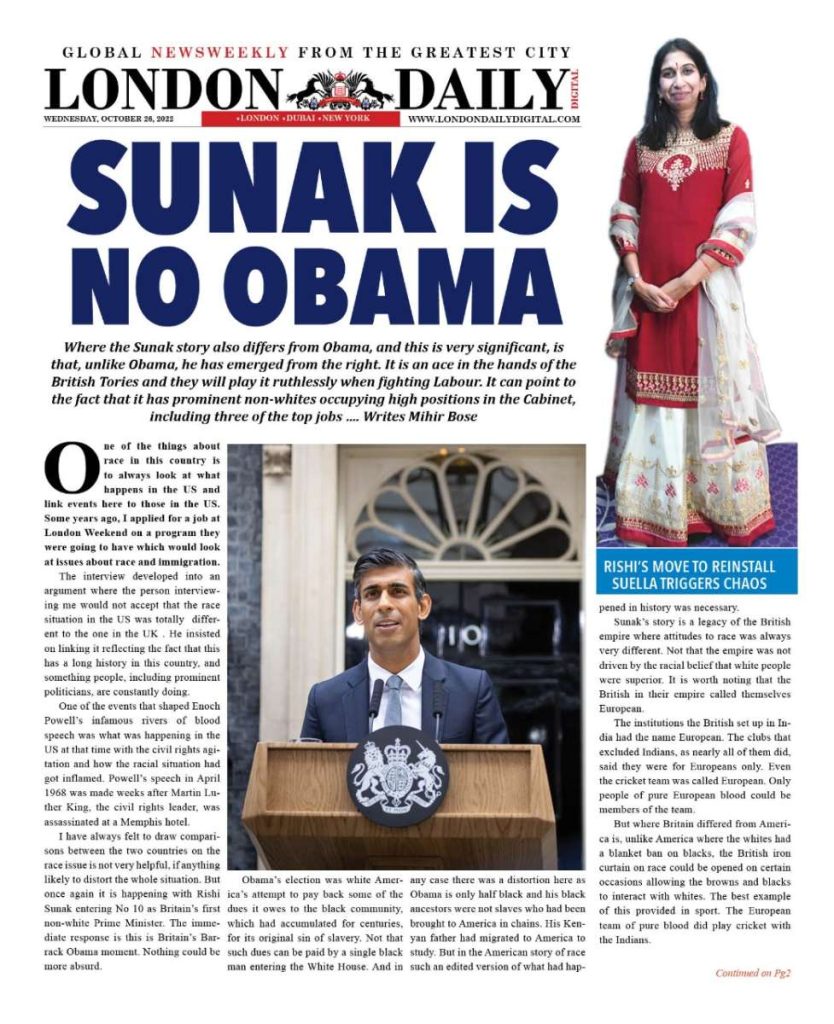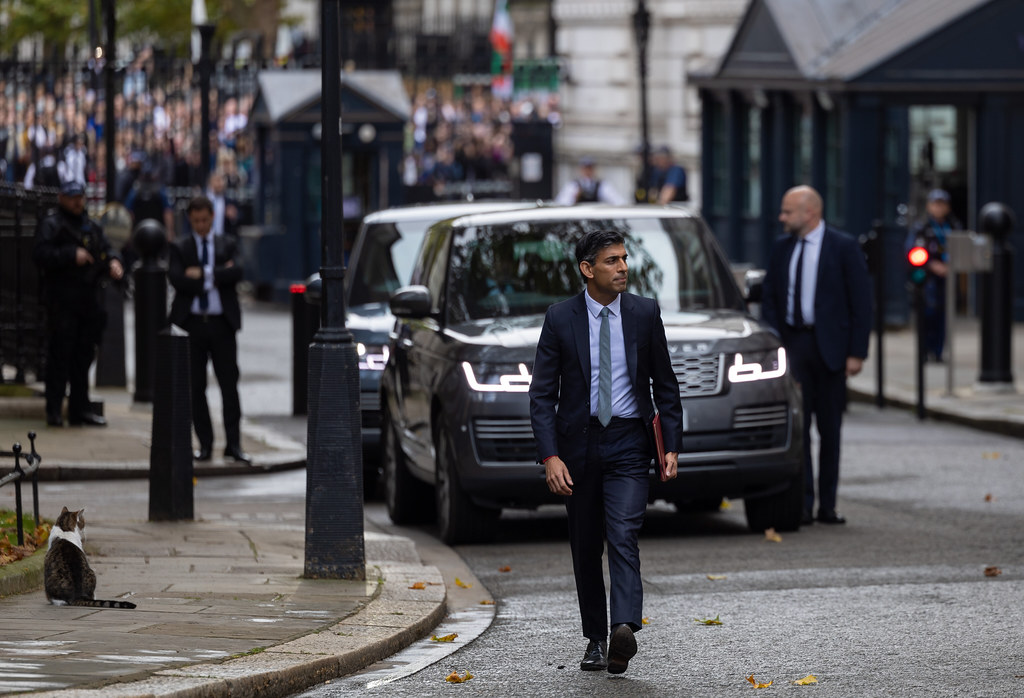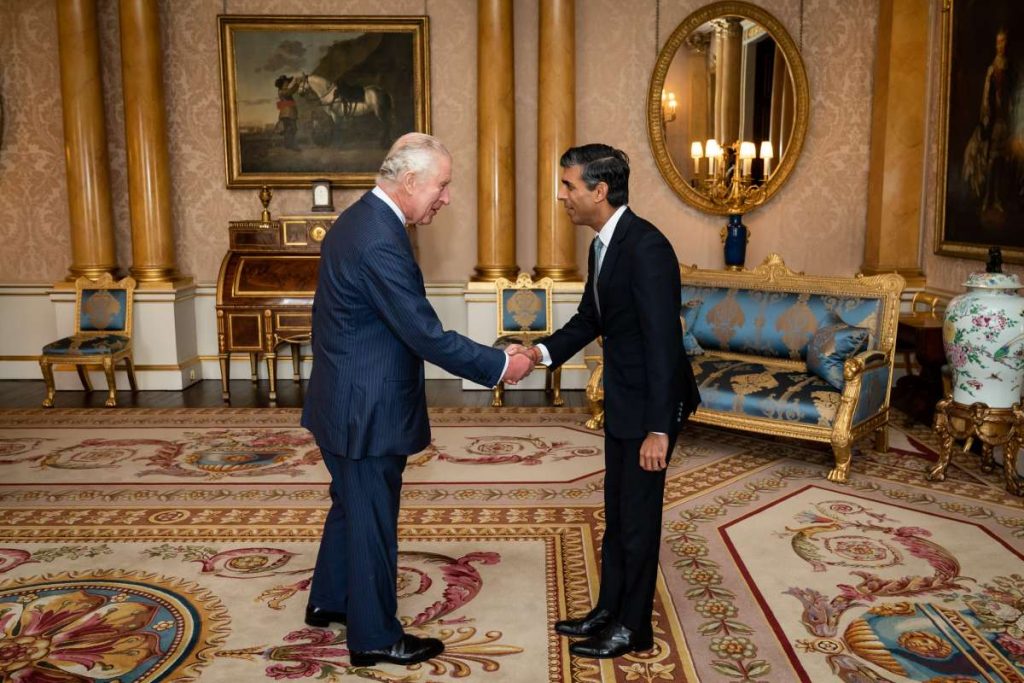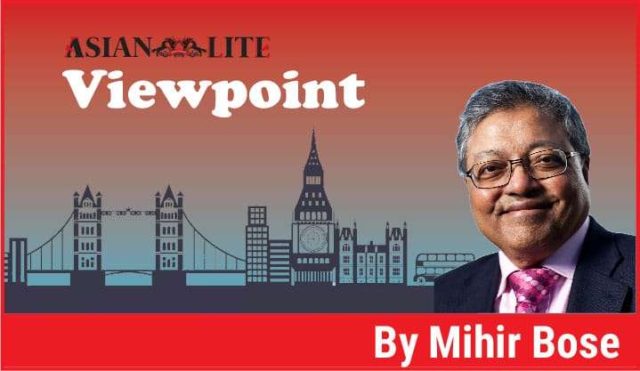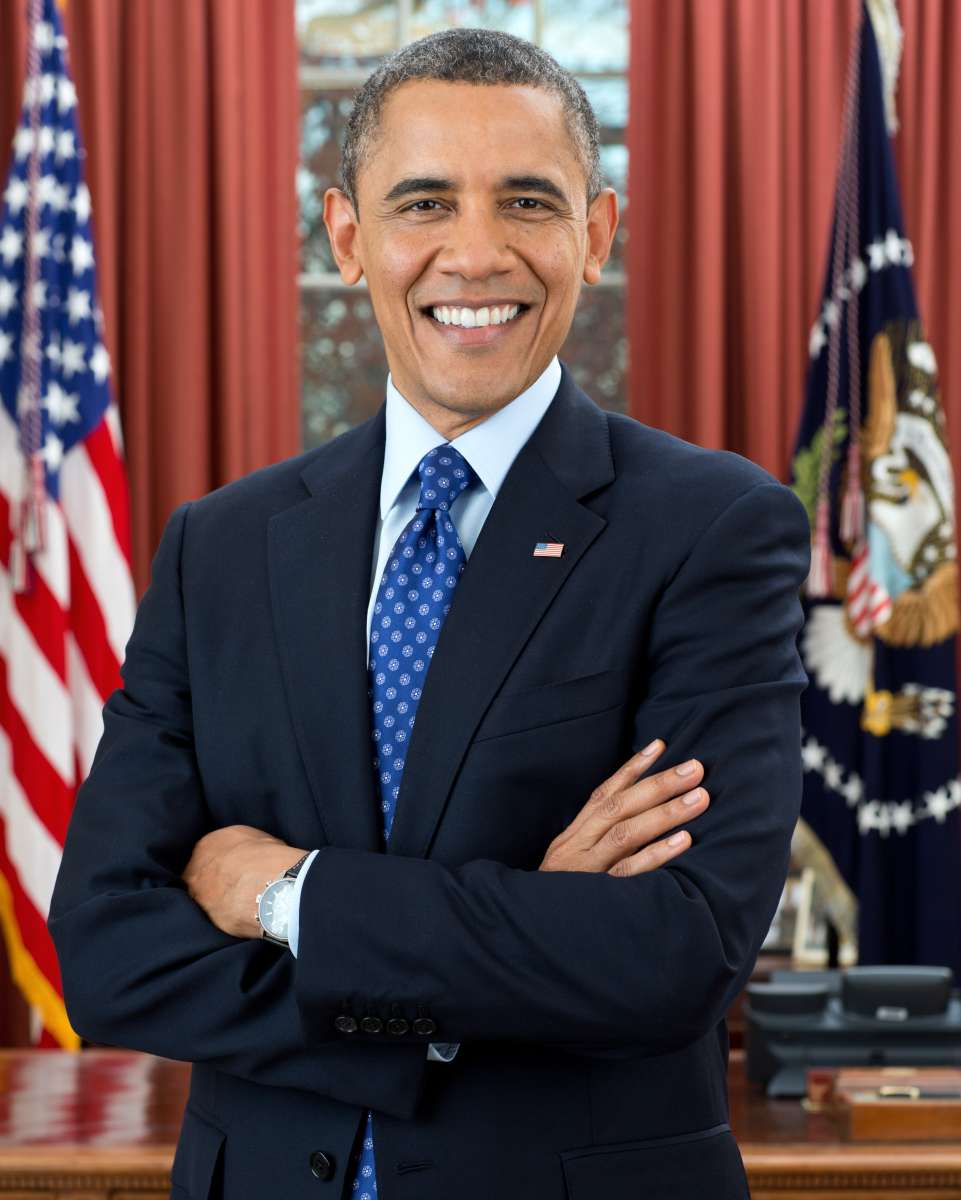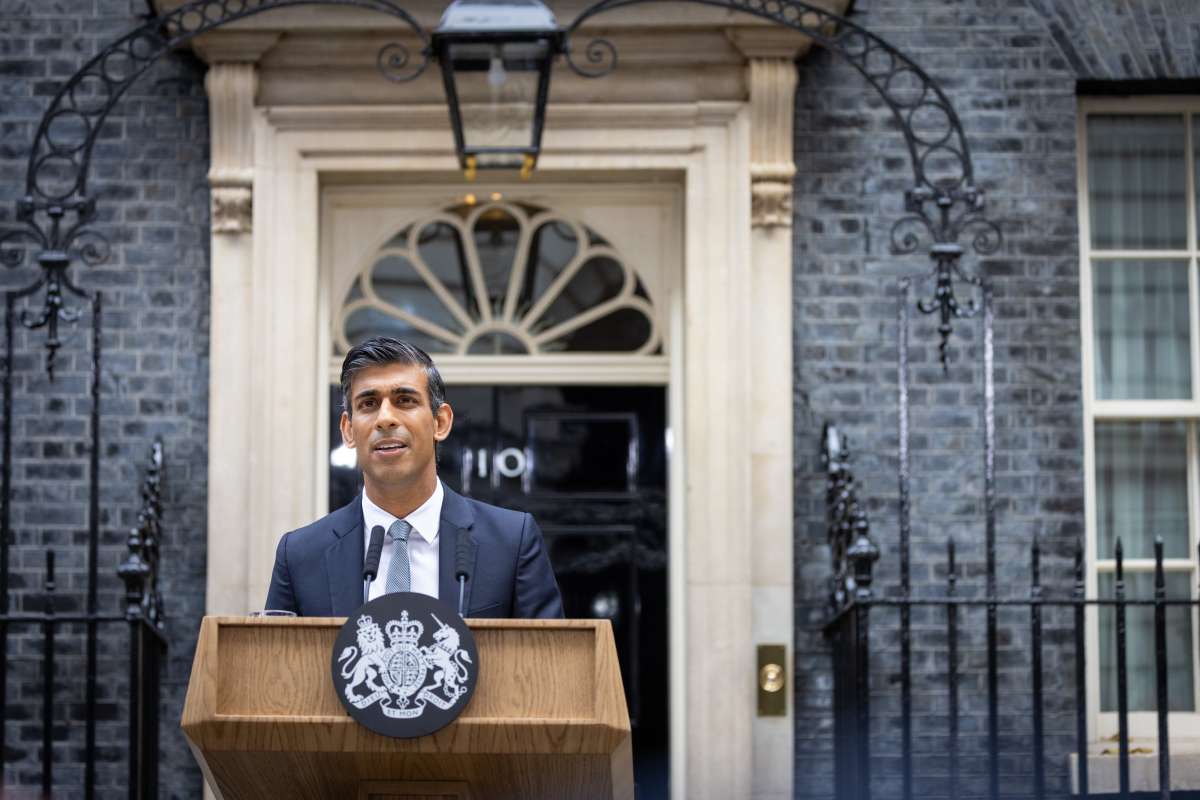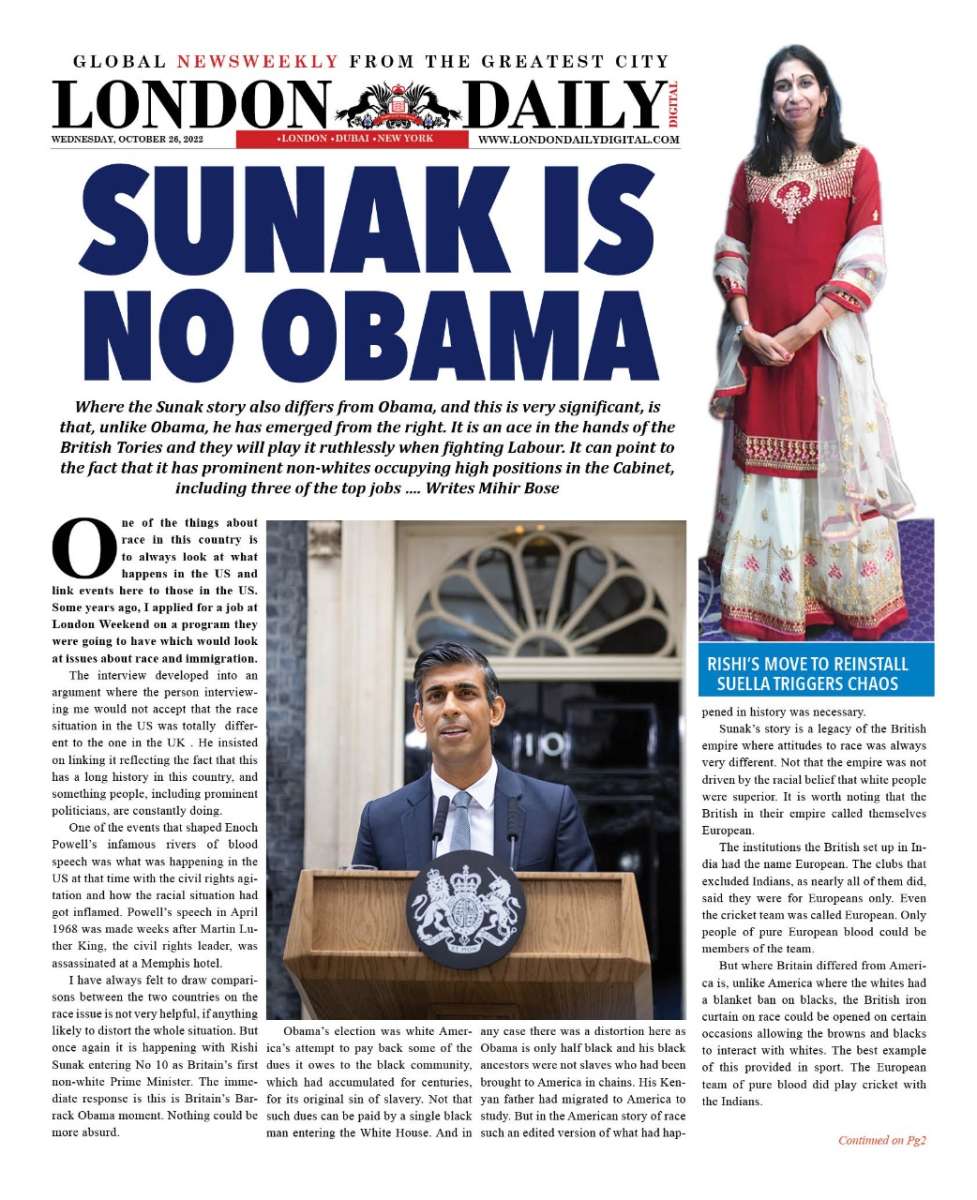Conservative MP Alok Sharma was difficult, unpredictable and could quickly lose his temper, according to four senior officials who worked with him between 2020 and 2022…reports Asian Lite News
Even as Prime Minister Rishi Sunak braces for a report on whether his second-in-command bullied staff, he’s facing new allegations that a former Cabinet minister from his party berated civil servants.
Conservative MP Alok Sharma was difficult, unpredictable and could quickly lose his temper, according to four senior officials who worked with him between 2020 and 2022. Most of the allegations stem from when he led the Department for Business, Energy and Industrial Strategy, the officials said, although some of the behavior continued after he started serving as president of United Nations climate talks.
Sharma would often express his dissatisfaction by insulting staff’s work and using profanity, without offering guidance on how to improve its quality, the officials said. Two of them characterized his behavior during the pandemic in 2020 as bullying, saying the then-business secretary would often call junior staff on Microsoft Teams without warning to criticize their work.
All four senior officials requested anonymity to protect their current jobs.
Civil servants raised concerns about Sharma’s behavior with their bosses on at least four occasions in 2020, although they stopped short of filing official complaints, according to two of the officials. They said they didn’t know whether staff’s concerns were relayed to then Cabinet Secretary Mark Sedwill, or his successor Simon Case, who would normally be appraised of official complaints in their job overseeing the entire civil service.
After this article’s initial publication, Sharma, 55, issued the following statement: “I have never been made aware of any ‘informal complaints’ or otherwise from staff. The Cabinet Office has confirmed that there are no records of any informal or formal complaints across government about me. I refute strongly these allegations.”
An official spokesperson said the government has no record of any complaints.
The Conservative government has faced criticism that it has tolerated an abusive work culture during its 13 years in power, with the opposition Labour Party arguing it’s time for a change in government. Several senior Tory ministers have been forced to resign or come under investigation over allegations of unprofessional behavior in the workplace and Sunak has vowed to uphold “integrity, professionalism and accountability” in government.
Sunak may be forced to decide the fate of one of his closest allies in the coming weeks, when the results of an investigation into bullying allegations against Deputy Prime Minister Dominic Raab are due. Raab is facing eight formal complaints dating from his posts in three departments, incidents which UK media including the Guardian say involve at least 24 civil servants.
Raab has denied the allegations of bullying and said he “behaved professionally at all times.”
While Sharma’s time as a minister predated Sunak’s ascension to the premier’s job in October, further allegations of misbehavior by ruling party figures could increase pressure on him to take broader action to correct negative perceptions about the government. The incidents described by people who worked closely with Sharma echo complaints against other Conservative ministers.
Sharma had a career in banking before entering Parliament in 2010 when the Conservatives returned to power after more than a decade in opposition. He became a minister in 2016 and was promoted to the cabinet three years later by then Prime Minister Boris Johnson. He was made Business Secretary in 2020, a post he held for almost a year before taking charge of preparing the UN climate talks in 2021.
Sharma is among dozens of allies of Johnson’s whom the former prime minister has nominated for seats in the House of Lords, media including the Times newspaper have reported. After receiving a knighthood in December, Sharma praised the “dedicated civil servants” who had contributed to the UK’s efforts to slow global climate change during the talks in Glasgow.
Although all four senior officials who discussed Sharma’s behavior said he could be volatile, they acknowledged that working in government could be stressful and he was under a lot of pressure. One said he could be warm and friendly and sometimes rewarded officials who had worked late with pizza. The officials said they weren’t aware of any official probe into the matter.
When Sharma’s alleged calls to staff’s homes failed to stop, two of the people said that senior officials started coming into the office during lockdown to draw his criticism away from junior staff working from home. On one occasion, a lower-level official called their senior colleague in tears because Sharma had unexpectedly called them to disparage their work, one person said.
In one email sent by Sharma to senior officials during the first lockdown in 2020 and seen by Bloomberg, he detailed a list of thoughts and demands that increased in font size until a final point written in very large, red print.
The criticism grew increasingly demoralizing and caused people to fear submitting their work to him, according to two of the people. One civil servant – who has since left the role – said they resorted to anti-depressants and mental health support to cope with their boss’s treatment.
ALSO READ-Environmental groups threaten govt

